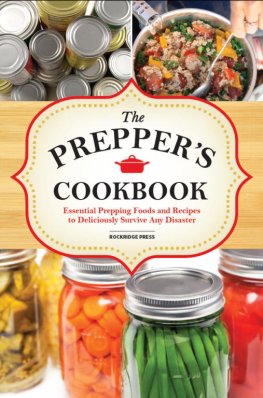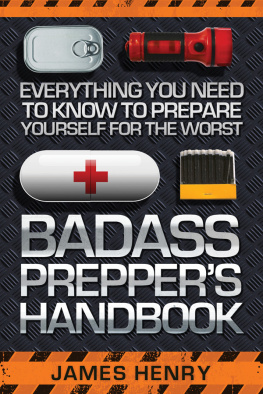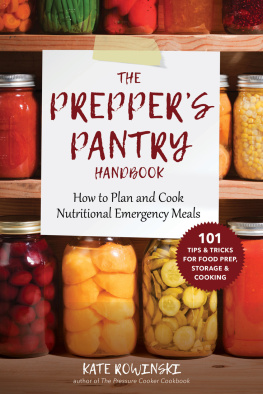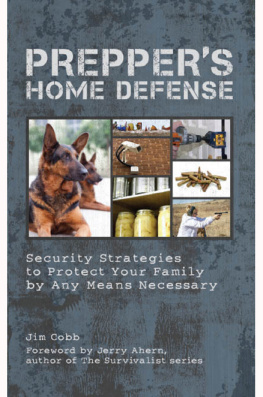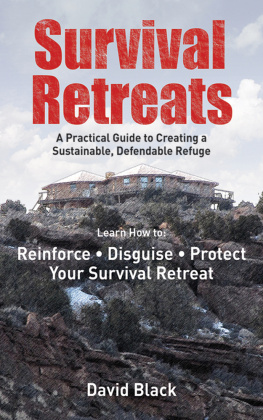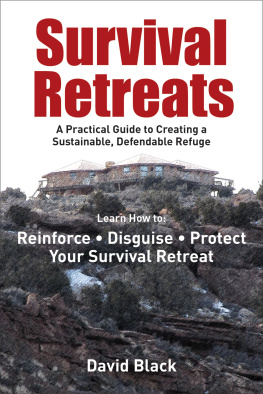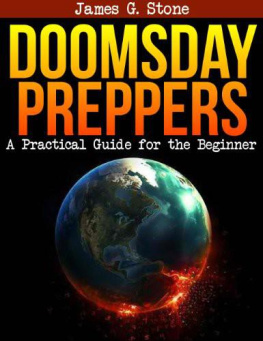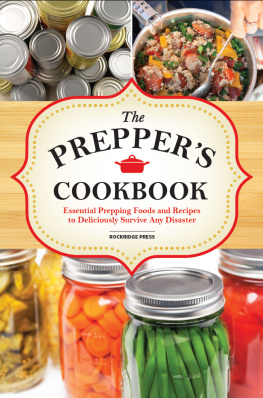Table of Contents
Guide
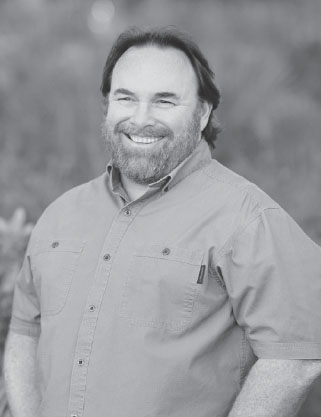
As a Lead Scout with the 11th Armored Cavalry, U.S. Army, Charley Hogwood spent years deployed in Europe honing his skills in reconnaissance, surveillance, and humanitarian missions. As an active member of the U.S. Army, he was charged with border security operations, including planning and participating in patrolling and security operations, rapid reaction deployment, and security of several international incidents.
After serving in the U.S. Army, he returned to Florida and began working in construction, focusing on project management, utility infrastructure, and residential upgrades. As a licensed general contractor and home inspector, hes spent the last 30 years honing his skills in both residential and commercial real estate, including work in renovations, remodeling, and building inspections. In addition, he is a certified commercial drone pilot, holding an FAA Part 107 License. His use of the latest in drone technology has given him the ability to provide in-depth analyses of homes and neighborhoods for property buyers as they embark on the home-buying process.
In addition to his work in construction, Charley has spent the last 10 years working as a preparedness consultant. Whether its an individual looking to start their prepping adventure or a group looking to build an intentional community, Charley has helped them plan, search, and build their dream survival destinations.
Charley is the author of The Survival Group Handbook: How To Plan, Organize and Lead People for Short and Long Term Survival, the foremost guide to planning, organizing, and building a survival group for any situation. His book has been utilized by small and large groups alike, and has also been used as a team-building resource for both corporations and civilian organizations.
Charley has completed hundreds of hours of emergency preparedness training at the local, state, and federal levels. He holds a certificate in emergency management, has over 55 FEMA/DHS certificates, and has completed coursework in disaster readiness, business contingency and continuity planning, emergency operations policies and procedures, mass prophylaxis planning, nuclear WMD responder operations, rapid disaster impact assessment, volunteer management, and more. As a CERT team leader and instructor, he has undergone additional training in disaster preparedness, fire suppression, medical triage, search and rescue, disaster psychology, and terrorism threats.
The United States has long been the undisputed champion when it comes to economic power. The thing about power is that no one keeps it all forever.
There is a lot of global economic uncertainty, and with the globalization of goods and services, nations have become inextricably intertwined. Some nations are bigger than others and quite a few spend a lot of time teetering back and forth from a variety of problems, from bad luck to all-out corruption. This means that we have to be careful to avoid a domino effect, where changes in one nations politics or government could mean disaster for us here. Heres how the US compares to other countries that have experienced serious unrest.
When the Soviet Union fell, it came as a bit of a surprise, even though the West had been trying for decades to make it happen. Russians live in a system that gives to the Fatherland first, and they are taught to accept whatever is left for their family. They are used to famine and having few resources, and for the most part, they will tolerate it because they are a proud people who expect that, eventually, things will get better.
The difference with Americans is that we are, typically, more individualistic. We want to be represented in government but our independence must come first. We are a me first, then the government gets a little bit society. While Russia has experienced collapse, we really have not. So what does this mean, in such volatile economic times? It means that if a serious contraction in the economy or a severe national disaster were to occur, our population might come unglued faster than the populations of countries that do not share our level of wealth and convenience, for the sheer reason that suddenly not having the familiar first-world luxuries would lead people into chaos.
Argentina, Bolivia, and Venezuela were at one time the economic stars of South America. However, they all have something in common: They have all suffered from total economic collapse. There were multiple reasons for collapse, including government corruption, poor economic policies, and lack of domestic product production.
The crisis in Argentina happened between 2001 and 2002, around the same time we got seriously preoccupied with our response to the 9/11 terrorist attacks. Because of this, most Americans had no idea of what was happening in South America. It was only later, as we began to ask questions of our own due to the so-called Great Recession, that we took notice of the follow-up effects of a collapse in a relatively modern nation.
As those South American countries began to fall, many people saw increased unrest and crime in the cities, so they moved to the country and the hills. (Sound familiar? The top-ranking retreat dream in our country is a remote place out in the hills.) Whats the problem with this mentality? In Argentina, people found that running to the hills led them right to the very problems they were trying to avoid. While the economy was collapsing, security forces faced pay cuts and loss of personnel. In an effort to reconstitute their forces, law enforcement was forced to withdraw from the outskirts and bring order to the city centers, the lifeblood and population centers of the country. Those people who left the chaos and uncertainty of the city were now left to fend for themselves. Crime goes where it can operate with the least interference, and it festered in the places where the government ceded control. Gangs and organized crime had almost free reign to operate as they saw fit. The irony of the situation was that as the government forces focused on the cities, many urban areas became safer than the suburbs or rural areas because of the increased law-enforcement presence.
Later in the book, we will dig into what kinds of crimes and behaviors happen in those remote areas when no one is coming to help. You will be able to make better informed decisions as to where you should aim to be when you can no longer depend on help coming (or when the help is not who you were hoping for), because there is always someone to fill the vacuum of authority, whether you like it or not.
As we say in survival, people will always be your biggest problem. To understand what you need in a survival property or strategic relocation, you need to understand what the people who have been through a serious community survival event have experienced. You can imagine and speculate about how a societal collapse might affect you, but history offers a more accurate perspective. Though there are many less-than-accurate doom predictors out there, bear in mind that a lot of times, their only experience in disaster is based on their own imagination.
Research shows that there are commonalities among community collapse events, and if you know where to look, you will see indications earlier than most other people, giving you an advantage with respect to timing and preparation.
I will not delve too deeply into the topic of systemic failures, but introduce the concept as evidence that they can and do happen more often than you might realize. The United States is certainly more prepared than most countries due to our robust emergency management and information systems, but these programs also breed complacency and a dependence on the government to always be there for us if the lights go out. We need to fight this normalcy bias because, as well-prepared as our nation is, emergency response teams cannot be there for everyone due to sheer population numbers. On a good day, we might have one first responder per nearly 1,000 citizens, and during an emergency, many of those responders are grouped into a single emergency/disaster area. It really is up to you to prepare yourself as much as possible and try to be located in an area that would have the least negative effect on your family and business.
Next page

